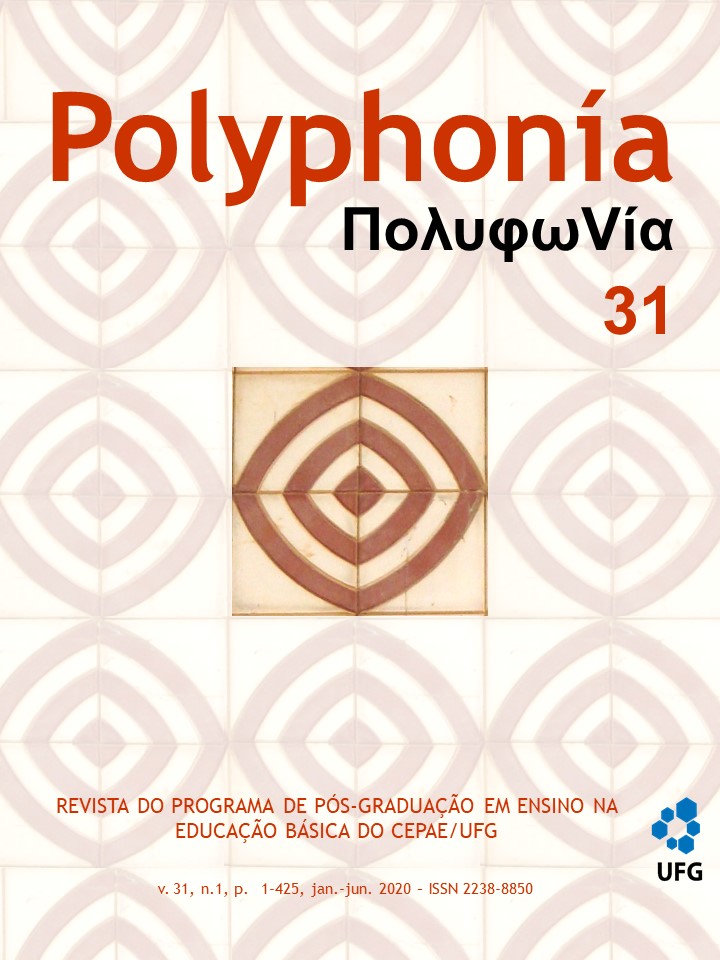As incertezas como narrativa do imprevisível: o real e o complexo
DOI:
https://doi.org/10.5216/rp.v31i1.66949Abstract
This article aims to present and reflect on four different ways of explaining complex phenomena: the epistemic question, the subjectivity of the threat, the evil in the face of negation and uncertainty as a narrative of the unpredictable. The methodology is bibliographic of a reflexive nature and the theoretical basis is based on the epistemology of complexity, by Edgar Morin and other authors. We present and discuss two existential catastrophes: climate change and the Covid-19 pandemic that plague humanity and show us the unpredictability in the face of science and human actions. The text places education as a perspective of self-analysis and self-criticism for the transformation of reality and bets on the hope of greening practices and ideas to face the challenges of contemporary times. Also considering the UN Sustainable Development Goals, with respect, solidarity and fraternity, the authors understand that perhaps a better world is possible, with more social justice, more participative citizens and happier subjects.Downloads
Download data is not yet available.
Downloads
Published
2020-12-08
How to Cite
PENA-VEGA, Alfredo; PETRAGLIA, Izabel. As incertezas como narrativa do imprevisível: o real e o complexo. Revista Polyphonía, Goiânia, v. 31, n. 1, p. 104–124, 2020. DOI: 10.5216/rp.v31i1.66949. Disponível em: https://revistas.ufg.br/sv/article/view/66949. Acesso em: 11 feb. 2026.
Issue
Section
Dossiê Escola, Complexidade e Justiça Social
License
Política de direitos autorais (acesso livre). Autores que publicam nesta revista concordam com os seguintes termos: Autores mantém os direitos autorais e concedem à Revista Polyphonía o direito de primeira publicação, com o trabalho simultaneamente licenciado sob a Creative Commons Attribution License que permitindo o compartilhamento do trabalho com reconhecimento da autoria do trabalho e publicação inicial nesta revista.
Autores têm autorização para assumir contratos adicionais separadamente, para distribuição não-exclusiva da versão do trabalho publicada nesta revista (ex.: publicar em repositório institucional ou como capítulo de livro), com reconhecimento de autoria e publicação inicial nesta revista.
Autores têm permissão e são estimulados a publicar e distribuir seu trabalho online (ex.: em repositórios institucionais ou na sua página pessoal) a qualquer ponto antes ou durante o processo editorial, já que isso pode gerar alterações produtivas, bem como aumentar o impacto e a citação do trabalho publicado (Veja O Efeito do Acesso Livre).


